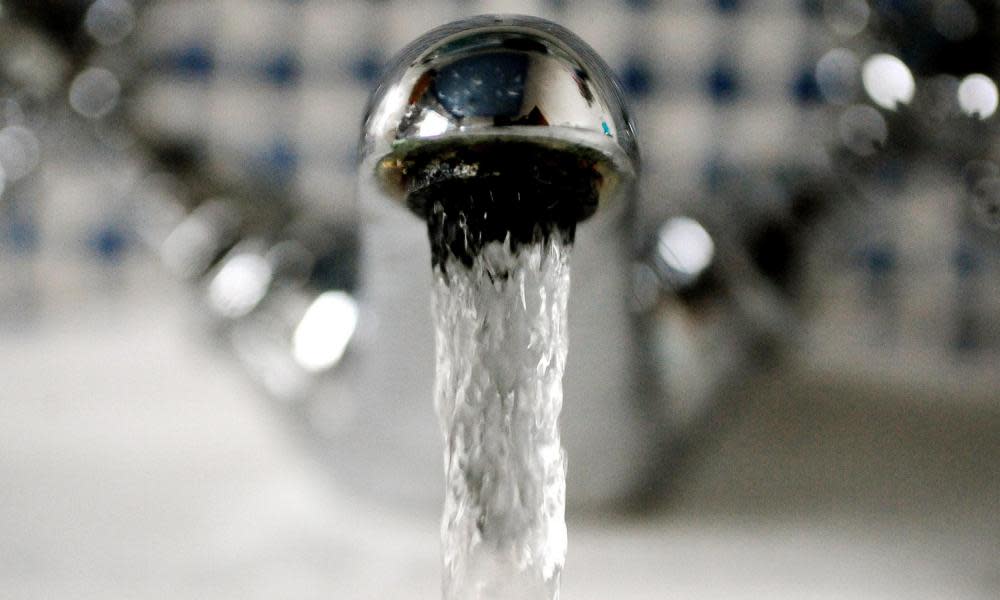Ofwat asks water firms to do more for people struggling to pay bills

The regulator Ofwat has urged water companies to do more to help people across England and Wales who are struggling to pay their utility bills as the cost of living squeeze tightens.
Ofwat has published a new set of guidelines for water companies designed to make it easier for households to get help with paying their bills or repaying debts.
Seven in 10 households with children that pay water bills believe they will have difficulties finding funds to pay a utility bill over the coming year, according to research carried out by the regulator earlier this spring.
Meanwhile, just over half of all water bill payers told Ofwat they believed they may struggle to pay a bill.
The regulator is calling on water companies to use their customer data to do more to contact any households that may be struggling, in a variety of different ways, so people know what kind of support is on offer.
Its guidelines will also require companies to offer flexible payment options for customers who have irregular incomes and are on zero-hours contracts, as well as working to resolve any repayment problems without beginning action to recover debts.
Emma Kelso, a senior director at Ofwat, said: “Many customers were struggling before the pandemic, and the current cost of living pressures are squeezing household incomes even further.
“We were pleased to see water companies step up their support during the height of the pandemic, and now that many more households are likely to experience financial difficulty in the coming months, we want companies to continue to go above and beyond for customers.”
A review of water affordability, which was carried out a year ago by the industry’s consumer watchdog, found that 1.5m households across England and Wales were in water poverty, with a further 3m on the edge of it, meaning they were paying more than 5% of their income after housing costs on water bills.
The Consumer Council for Water has previously called for a social water tariff for struggling households, and criticised the patchwork nature of financial support available across the country, which varies between regional water suppliers.
Emma Clancy, the chief executive of the CCW, welcomed Ofwat’s guidelines: “The revised guidance will help to ensure debt support more closely reflects a customer’s individual circumstances, as well as encouraging greater consistency over the way people are assessed and treated.”
She added: “Putting more onus on companies to reach out to customers to see if they need support is also a vital step towards overcoming the barriers to existing help, including low awareness and a lack of trust.”
The guidelines came as the water company Severn Trent launched a £30m financial support package to help a further 100,000 of its customers, after warning that more of them were struggling to pay their water bill amid soaring food and energy costs.
The Coventry-headquartered company, which supplies more than 8 million customers across a region stretching from the Bristol Channel to the Humber and from mid-Wales to Rutland in the east Midlands, said it had the second-lowest water bills in England at £389 a year.
The company already supported about 215,000 of its customers with their water bill through a social tariff, allowing them to reduce it by up to 90%.
The new funding will result in Severn Trent offering help to 315,000 people, representing about 6% of their total customers. It said this figure represented the number of customers who were assessed as living in water poverty in the region it covered.
“As cost of living pressures continue, we’re acting now to support people struggling to pay their bills,” said Liv Garfield, the chief executive.
“Our customers have the second-lowest combined bill in the UK at around £1 per day but we know that for some, paying their bill is a challenge.”
Severn Trent’s offer of increased support came as it reported a pre-tax profit of £274m for the year to 31 March, a 2.6% increase on a year earlier.

 Yahoo Movies
Yahoo Movies 
